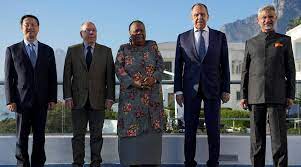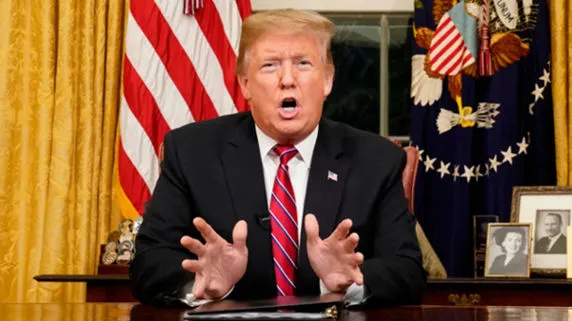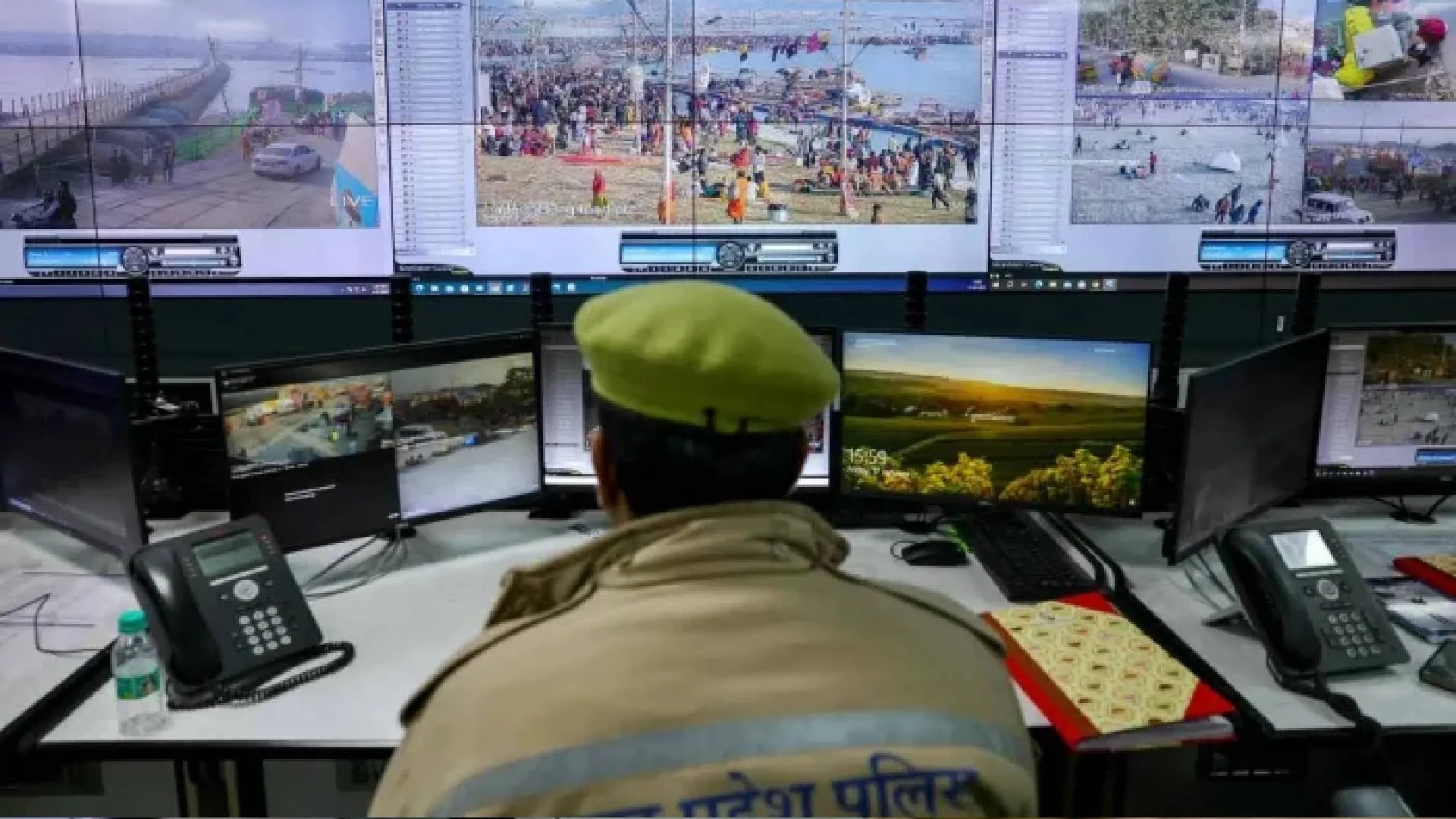In a landmark BRICS foreign ministers’ meeting in Cape Town, South Africa, a unified stand against terrorism was declared with the ministers of Brazil, Russia, India, China, and South Africa expressing firm resolve to fight terrorism in all its forms and manifestations. This condemnation came soon after Indian External Affairs Minister (EAM), S Jaishankar, unequivocally called on the BRICS nations to combat terrorism.
The ministers’ joint statement highlighted their commitment against terrorism, especially focusing on the curbing of cross-border movement of terrorists and disrupting terrorist financing networks. EAM Jaishankar was particularly emphatic about terror financing, hinting at issues of Pakistan-sponsored cross-border terrorism.
In the run-up to the 15th BRICS summit, slated for August in South Africa, the foreign ministers have agreed on a comprehensive agenda. Prime Minister Narendra Modi is expected to echo Jaishankar’s strong stance on terrorism at the summit. The ministers stressed that the link between terrorism and any religion, nationality, civilization, or ethnic group should not be established, underlining the universal threat posed by terrorism.
Meanwhile, the BRICS nations also emphasised the importance of local currencies in international trade and financial transactions. They also showed a commitment towards supporting rule-based, open, and transparent global trade. The meeting concluded with the release of a joint statement, ‘The Cape of Good Hope’, advocating for an adequately resourced and quota-based International Monetary Fund (IMF) and the completion of IMF governance reform by December 15, 2023.
The ministers also expressed their backing for a free, non-discriminatory, and rules-based multilateral trading system under the World Trade Organization (WTO). They condemned unilateral protectionist measures and stressed the significance of financial inclusion, urging citizens to partake in the benefits of economic growth and prosperity.
The BRICS nations account for 41% of the global population, 24% of the global GDP, and 16% of global trade, making these collective resolutions highly impactful. Their joint opposition to unilateral economic coercive measures such as sanctions, embargoes, and blockades is also noteworthy.
Furthermore, the ministers highlighted the critical nature of energy security for economic development, national security, and societal welfare. They called for resilient global supply chains, predictable energy demand, and protection of critical energy infrastructure. They also celebrated the election of Dilma Rousseff, former President of Brazil, as president of the New Development Bank (NDB), voicing their confidence in her potential to strengthen the NDB’s effectiveness.
With the next BRICS summit to be held in South Africa in August, these decisions provide a clear blueprint for the future actions of these leading global economies.

















